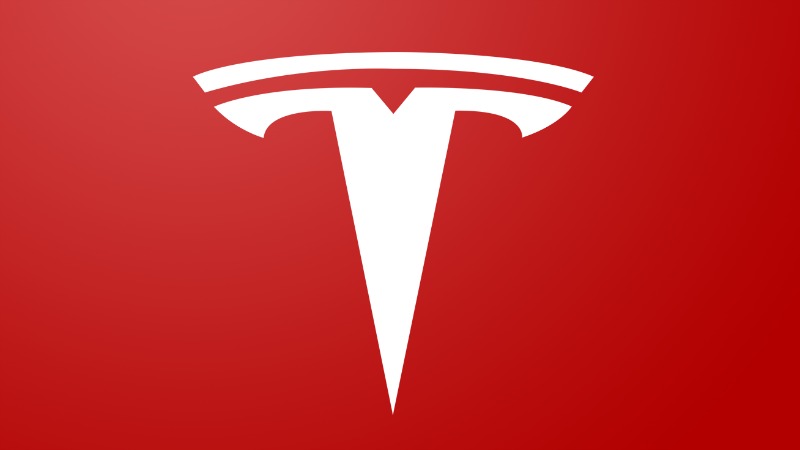Elon Musk’s Tesla Motors is planning to open a South African office early next year, in order to bring its industrial-scale energy storage solutions to the country.
The first hire will be Evan Rice, who has spent the last 18 months as CEO of GreenCape, an organisation which was formed to help develop the market for renewable energy in and around the Western Cape area. Rice will be employed as Business Development Manager for the company, but its expected a small team will be in place over time.
Tesla already has distribution deals in place with several renewable energy companies in South Africa, including Dako Power and Rubicon, to sell its Powerwall product. Powerwall comes in 7KWh daily cycle or 10KWh weekly cycle models for domestic use, designed to be matched with solar panels for small scale energy storage.
While Powerwall has great potential, Rice explained, his role will be to develop the market for Tesla’s utility-scale batteries, Powerpack, which were announced earlier this year by Musk. At the launch of Powerpack, Musk said that it wasn’t necessarily aimed at supplementing renewable energy sources, but would be aimed at general grid management.
“Of course we are great believers in renewable energy, but that is not the gating function for stationary storage,” Musk said during an earnings report call, “Ultimately storage allows utilities to turn off power plants or defer new ones… You can basically, in principle, shut down half of the world’s power plants if you had stationary storage.”
According to Fortune magazine, PowerPack batteries went into production at Tesla’s Gigafactory in California in November.
“For the non-retail product, you have to have feet on the ground,” Rice explained about his upcoming role, which will be to help develop projects involving large scale storage as well as the market for PowerWall.
Through GreenCape, Rice has already engaged municipal providers on the subject of feed-in tariffs – which allow customers to sell surplus energy back to the grid – which he says is important to encourage more privarooftop photovoltaics.
“At the moment we’re seeing the majority of solar going into shopping malls or retail parks,” he says, “Where all the energy produced can be used on site… If you could sell some back to the grid it would make [investing] a much more attractive business case and help to leverage private capital.”
//Update – This article was updated 19/12 to correct Rice’s forthcoming job title and clarify comments about feed-in tariffs.

